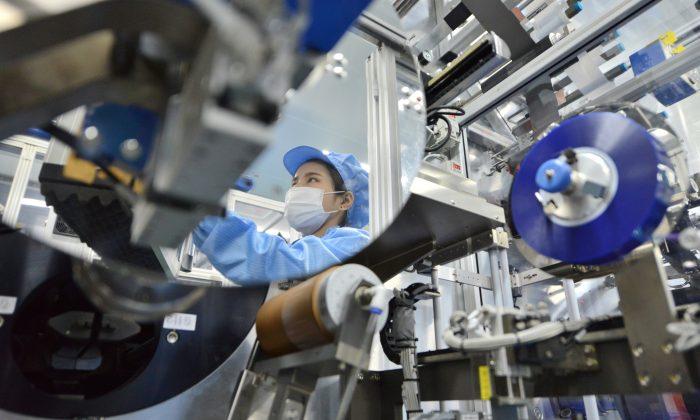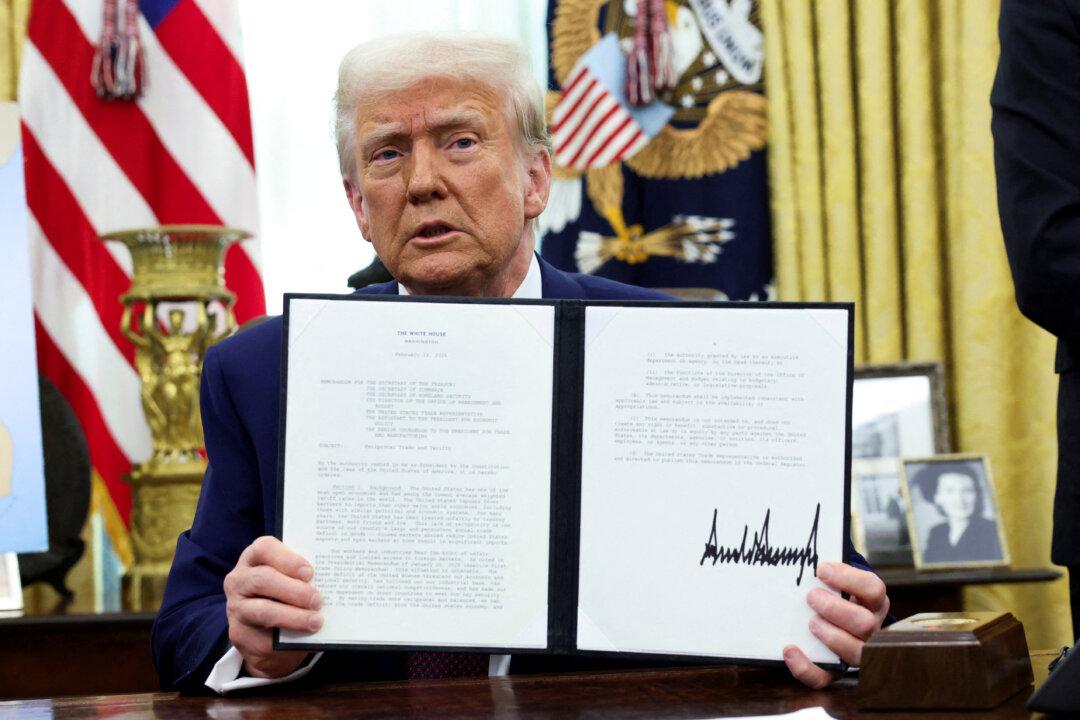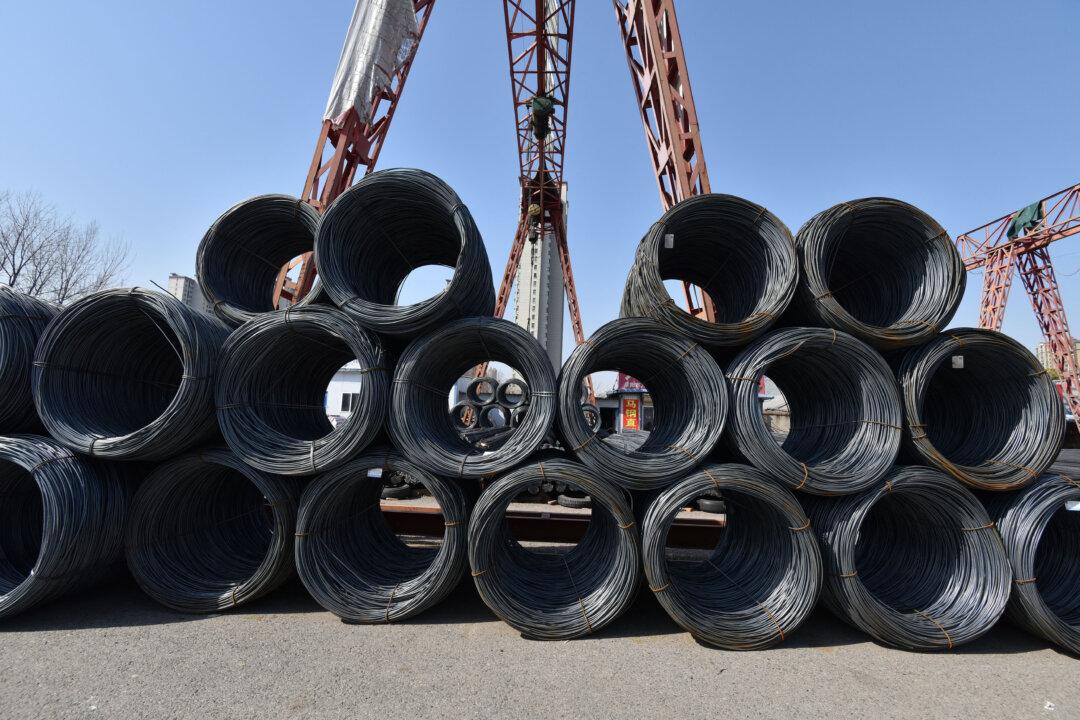China has used its economic strength in the past to build its military and threaten its neighbors, including Taiwan, Japan, the Philippines, and India. There’s no reason to believe that it won’t channel its new EV profits into the same malign endeavors.
Beijing announced the subsidies on April 25 in the context of reports of strong EV orders in March for China’s outbound shipments, according to Reuters. The Chinese Communist Party’s (CCP’s) economic planners sense massive profits from the global green trend and are trying to push the industry even further to accelerate China’s economy.
In addition to subsidies, the CCP will force Chinese banks to offer financial support to car manufacturers to expand foreign sales. Beijing has so much control over the Chinese economy that many of its subsidies and tariffs are unofficial. China’s companies must support other Chinese companies—or else.
On April 25, China’s State Council asked its embassies, consulates, provincial governments, and financial institutions to increase support for exports and encourage the settling of trade in yuan rather than dollars.
The two main rationales for U.S. subsidies are to boost the U.S. economy while decreasing global emissions. These goals won’t come cheaply, as U.S. subsidies are ultimately paid for by higher taxes or dollar inflation, both of which hurt U.S. economic growth and, thus, geopolitical competitiveness against China and Russia.
Any environmental gains from the subsidies will be spread globally, but the costs will be borne almost entirely by U.S. citizens. The act subsidizes foreign industries in more than 20 countries, including Canada, Mexico, Australia, Japan, and South Korea, yet their taxpayers contribute nothing.
The subsidies do a bad job of addressing climate change, as China produces twice as much carbon dioxide as the United States, and China’s green subsidies are unquantified.
At a time when Russia and China are destabilizing global politics, and the United States is already spending an unfair amount of U.S. taxpayer dollars for the provision of global security, it makes little sense to subsidize manufacturing in countries such as Canada and South Korea that don’t even contribute the minimum expected defense expenditure of 2 percent of GDP. These countries are free-riding not only on U.S. defense but also on U.S. green subsidies.
It makes even less sense to subsidize cars with components from China, Mexico, and Russia, which are imposing massive costs from the fentanyl crisis, war against Ukraine, and aggression toward Taiwan.
Meanwhile, the Democrats are wasting taxpayer dollars as U.S. economic and military power deteriorates relative to those of China.





